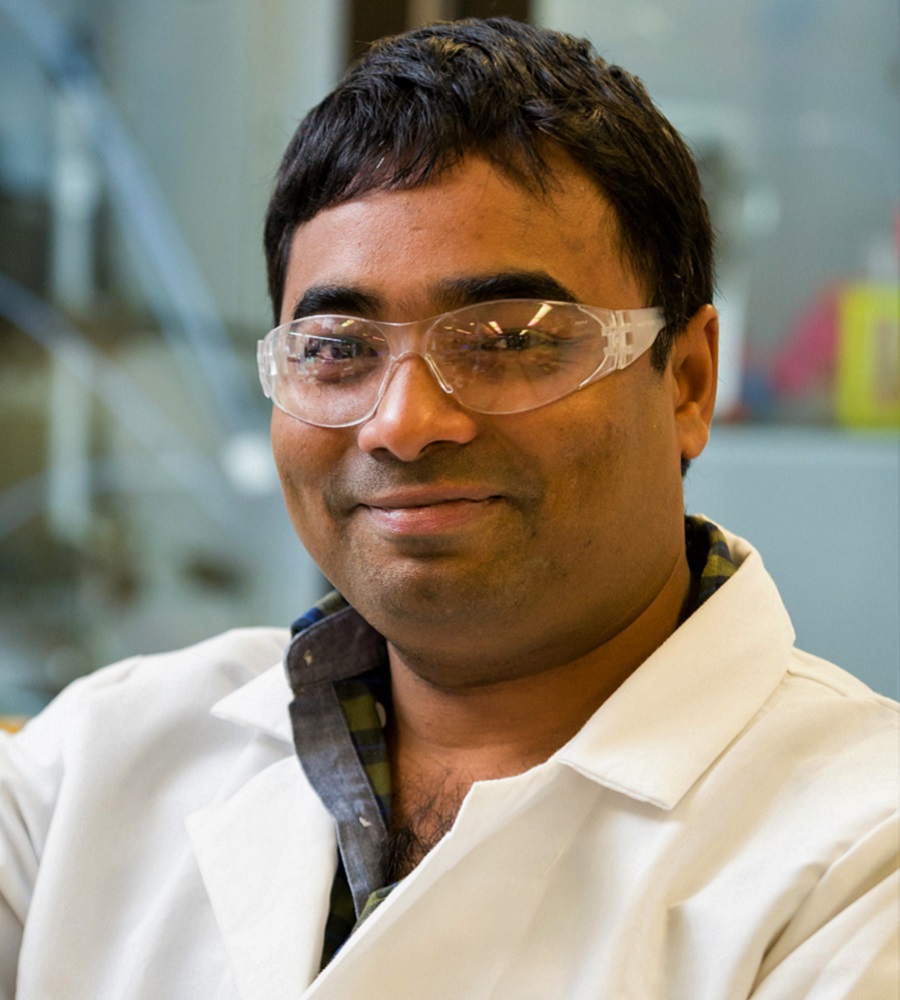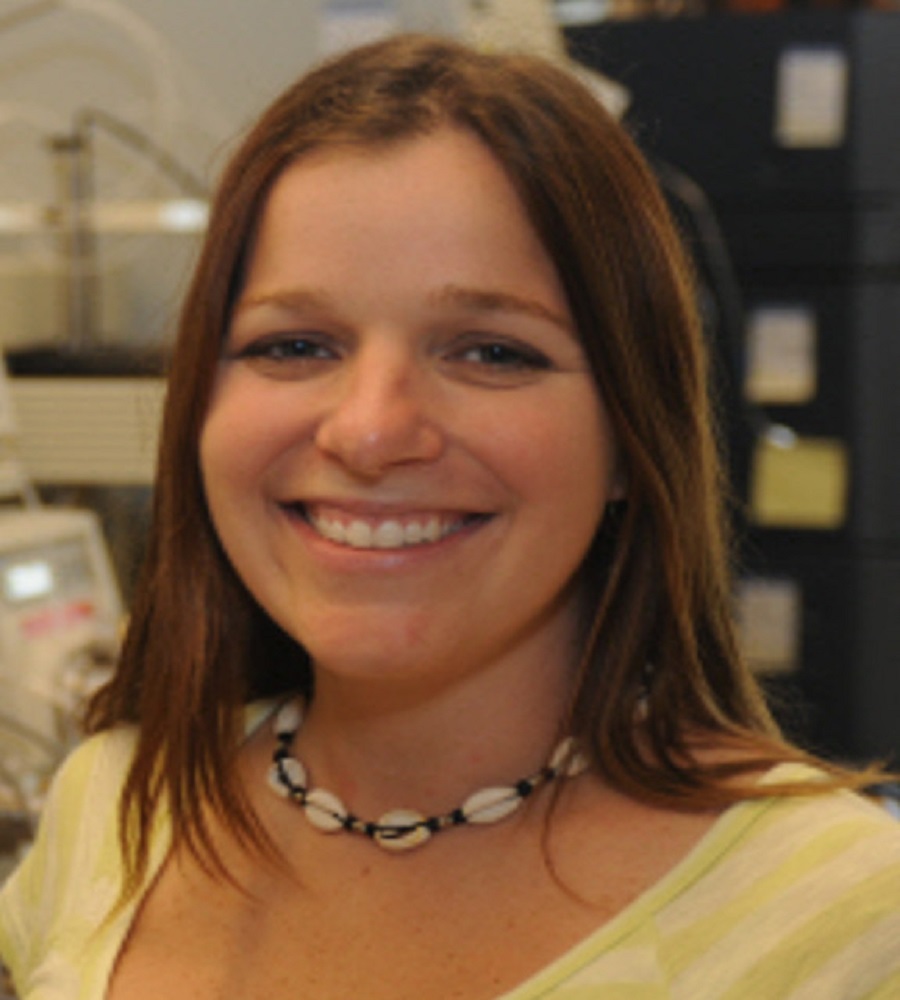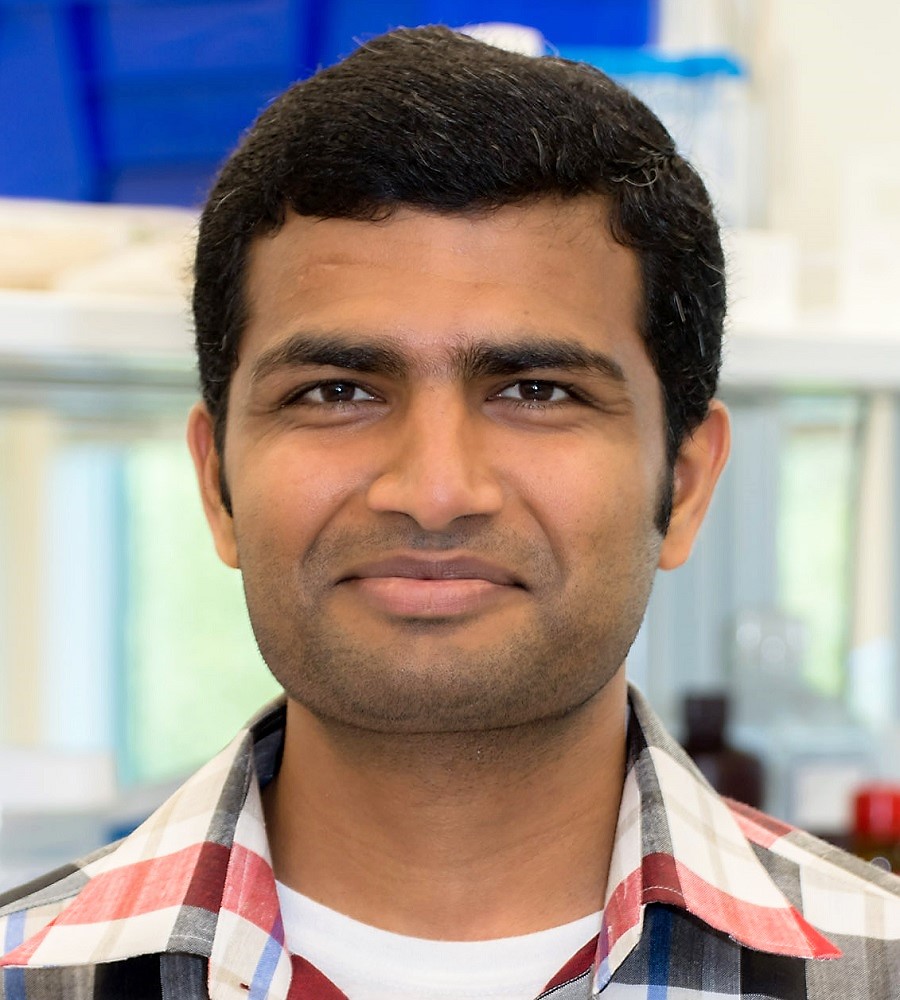Our Staff
Our staff collaborate, innovate and speed research through a range of activities.
About Our Staff
Learn more about our staff and their work in support of the center’s mission.

Yong-Mo Ahn, Ph.D.
Research Scientist (Biology)
Division of Preclinical Innovation
Early Translation Branch



MarySheyla K. Alvarez
Administrative Support Specialist (Contractor)
Office of Administrative Management
Information Technology Resources Branch


Dammika Nandanie Amugoda, M.S.
Curator/Research Scientist
Division of Preclinical Innovation
Informatics

Guadalupe (Lupe) V. Aquino
Clinical Trials Specialist
Division of Clinical Innovation
Clinical Affairs Branch

Audie A. Atienza, Ph.D.
Program Officer
Division of Clinical Innovation
Clinical and Translational Science Awards Program Branch


Heather L. Baker
Lead Health Science Policy Analyst
Division of Clinical Innovation
Office of Program Evaluation, Analysis and Reporting




Jennifer M. Beierlein, Ph.D.
Health Science Policy Analyst
Office of Policy, Communications and Education
Policy Branch

Djawed Bennouna, Pharm.D., M.Sc., Ph.D.
Research Scientist (Metabolomics)
Division of Preclinical Innovation
Informatics


